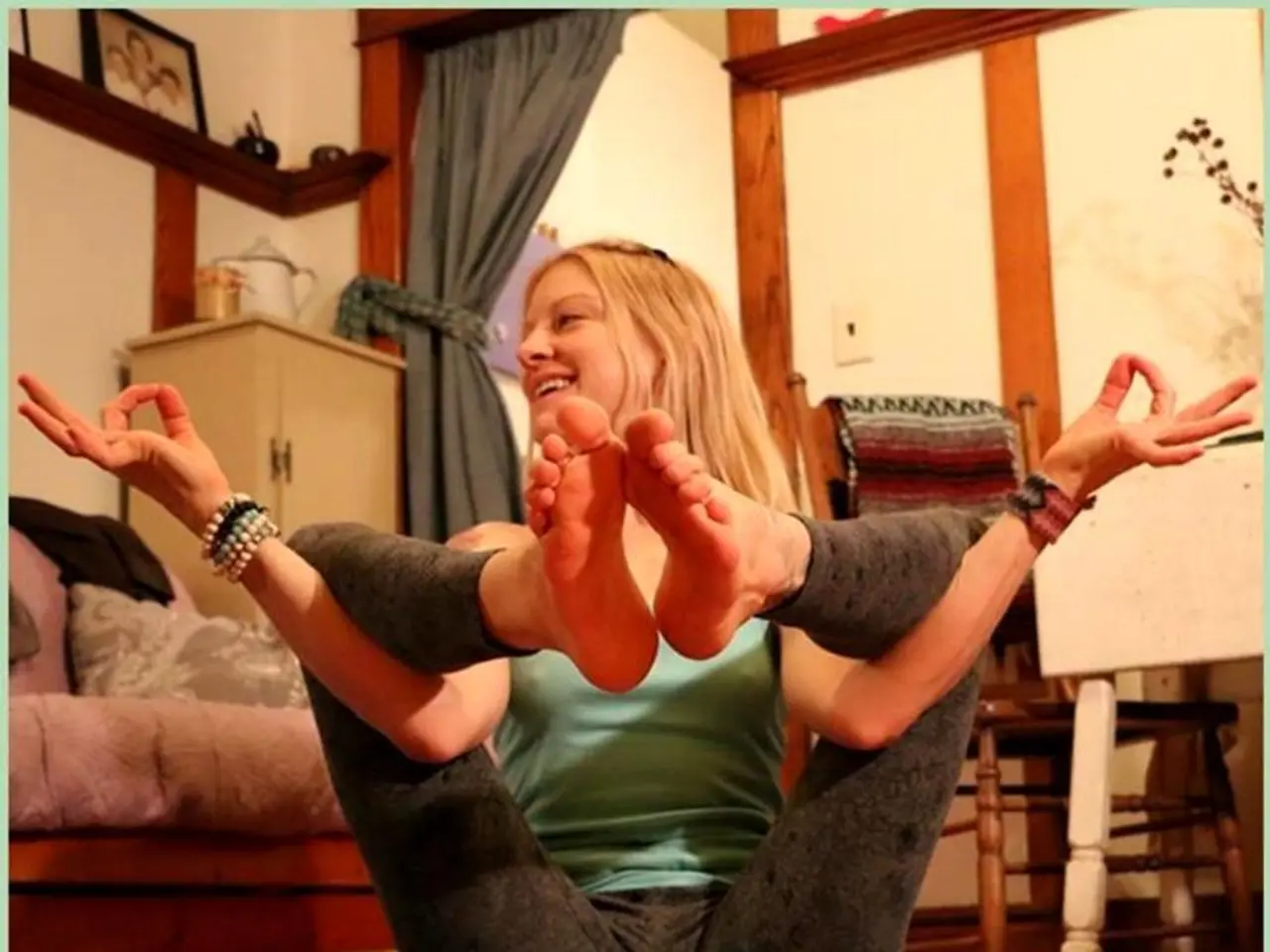Strategies for Reducing Stress and Anxiety Caused by Frequent Urination
In a complex interplay of physical and psychological factors, stress, anxiety, and depression have been found to be closely linked with Overactive Bladder (OAB), a common condition that affects millions worldwide.
Multiple studies have confirmed a strong link between depression and OAB, as well as between anxiety and OAB. The relationship appears bidirectional: OAB symptoms such as urgency and incontinence can provoke emotional distress, feelings of anxiety, and depression, partly because of their impact on social activities, sleep disruption, and quality of life. Conversely, anxiety and depression may increase the risk or severity of OAB through stress-mediated pathways affecting bladder function.
There are three primary approaches to managing these interconnected conditions:
- Addressing OAB Symptoms: Treatments for OAB include pelvic floor physical therapy, medications such as antimuscarinics (e.g., tolterodine) or beta-3 agonists (e.g., mirabegron), bladder Botox injections, nerve stimulation, and surgery for severe cases.
- Treating Anxiety and Depression: Psychological therapies (e.g., cognitive-behavioral therapy), pharmacologic treatments (antidepressants/anxiolytics), and stress reduction strategies are important. Treating mental health can improve OAB symptoms indirectly.
- Lifestyle Modifications: Adopting a healthy lifestyle — including smoking cessation, diet improvement, physical activity, and weight management — is beneficial and has been linked to a reduced risk and severity of OAB.
Moreover, improving sleep hygiene and potentially adjusting sleeping positions can help reduce nocturia (nighttime urination) and its associated disruption to mental health in OAB patients.
It's worth noting that anecdotal evidence suggests that connecting with others who have OAB can help manage symptoms. The National Association for Continence provides resources to help connect people with specialized support groups.
The exact mechanisms by which anxiety and stress cause frequent urination are not fully understood. Two theories suggest that:
- The first theory is that stress creates a fight-or-flight response that increases the sensitivity of the nervous system, making basic reflexes such as bladder voiding more easily stimulated.
- The second theory is that anxiety and stress can cause muscle tension, which can affect the muscles of the bladder and increase the urge to urinate.
In summary, stress, anxiety, and depression are closely linked to OAB both as potential causes and consequences. Effective management requires a comprehensive approach addressing both urinary symptoms and mental health factors. Lifestyle changes, tailored medical treatments, and psychological support can significantly improve patient outcomes. If you are experiencing symptoms of OAB, starting a conversation with a doctor is the first step to identifying medical and lifestyle options that can help improve your symptoms.
- The science of mental health reveals a strong association between Overactive Bladder (OAB) and both anxiety and depression.
- The presence of OAB symptoms like urgency and incontinence can foster feelings of anxiety, depression, and anxiety, largely due to their impact on activities, sleep, and quality of life.
- On the flip side, anxiety and depression can also exacerbate the risk or severity of OAB due to stress-induced pathways that influence bladder function.
- In tackling these interconnected issues, healthcare sectors such as workplace-wellness, health-and-wellness, fitness-and-exercise, and mental-health advocate a tripartite strategy.
- This strategy encompasses addressing OAB symptoms through physical therapy, medications, Botox injections, nerve stimulation, and surgery; treating anxiety and depression through therapy, medicine, and stress-reduction methods; and adopting a healthy lifestyle (including quitting smoking, diet enhancement, physical activity, and weight management).
- Boosting sleep quality and modifying sleeping positions might aid in reducing nocturia (nighttime urination) and its associated impact on mental health for OAB patients.
- Skin care and therapies-and-treatments can also be part of the holistic approach to overall well-being, which includes managing OAB and maintaining mental health.




